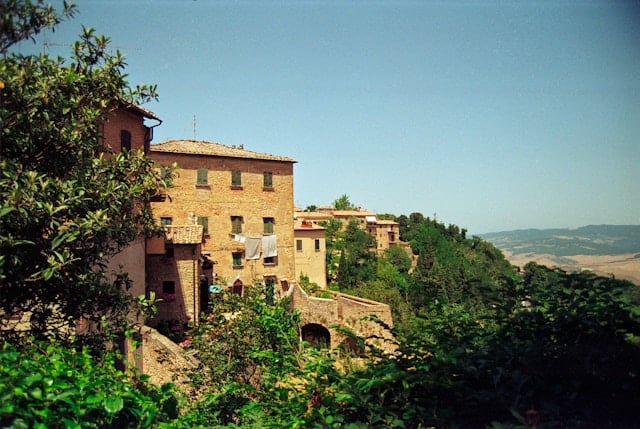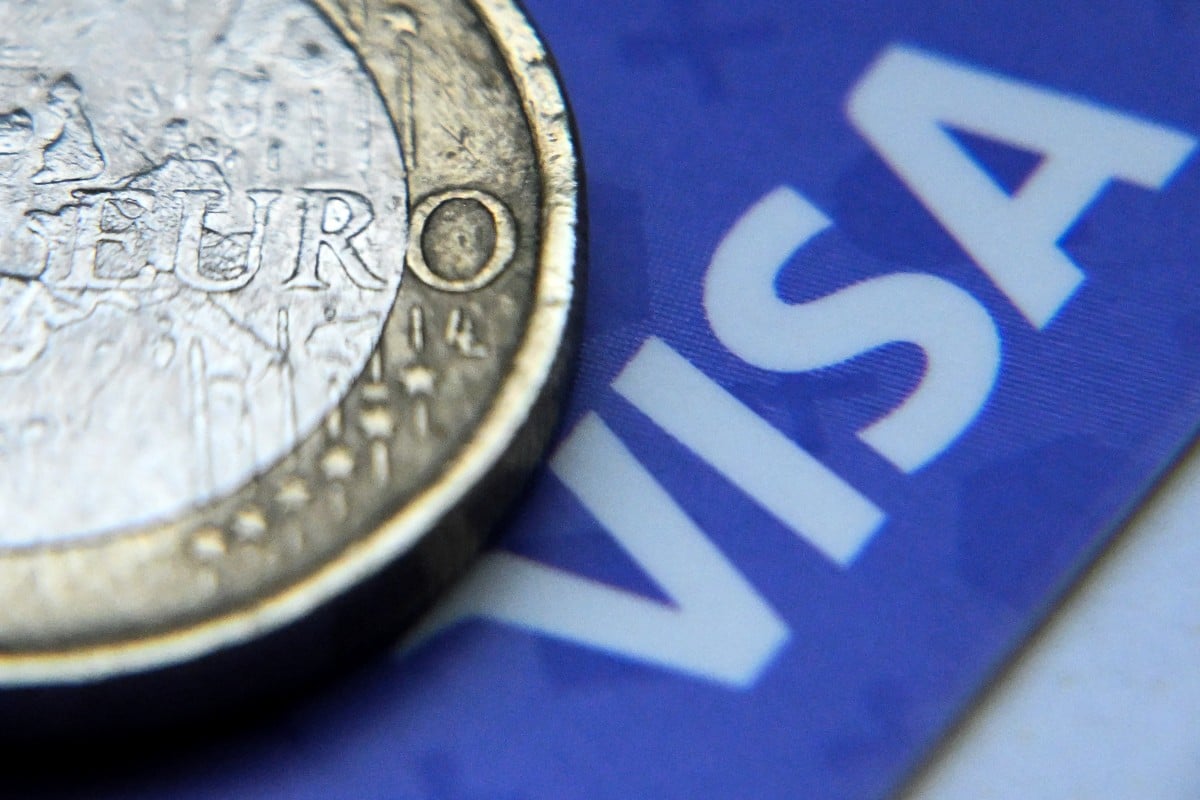Retailers in Italy are allowed just two big saldi, or sales, a year – one in the summer, one in the winter.
The practice aims to boost consumption and give vendors a chance to shift stock from the previous season while ensuring an even playing field between competitors.
The custom actually dates back to the Fascist era, having first been introduced via a 1939 law.
It was then scrapped for about four decades after the collapse of Mussolini’s regime, but was brought back in an updated form in 1980.
In 1997, the law was revised to hand autonomy over to individual regions, which is why the length of the summer sales season varies from region to region.
Though Italy’s saldi estivi can go on for over two months in some cases, they run for at least month in all parts of the country, meaning you’ll have plenty of time to pick up a bargain regardless of where in Italy you live.
Here are the official 2024 dates for each Italian region:
- Abruzzo: July 6th-September 3rd
- Basilicata: July 6th-September 6th
- Calabria: July 6th-September 4th
- Campania: July 6th-September 3rd
- Emilia Romagna: July 6th-September 3rd
- Friuli Venezia Giulia: July 6th-September 30th
- Lazio: July 6th-August 17th
- Liguria: July 6th-August 19th
- Lombardy: July 6th-September 3rd
- Marche: July 6th-August 31st
- Molise: July 6th-September 3rd
- Piedmont: July 6th-August 31st
- Puglia: July 6th-September 15th
- Sardinia: July 6th-September 3rd
- Sicily: July 6th-September 15th
- Tuscany: July 6th-September 3rd
- Umbria: July 6th-September 3rd
- Veneto: July 6th-August 31st
- Valle d’Aosta: July 6th-September 30th
You may have noticed that the Trentino-Alto Adige region is missing from the above list.
That’s because the autonomous provinces of Trento and Bolzano decide their own sales periods independently from the rest of the country, with start and end dates often varying by municipality (or comune).
To see the dates for this year’s summer sales in each Bolzano comune, visit this website.
How much of a discount can I expect?
Discounts usually start at around 20 to 30 percent of the original price, but can climb as high as 70 percent.
Shops are required to display both the original and discounted prices, so you should know exactly how much of a bargain you’re getting.
Italian law states that the items on sale must only come from the season just gone, rather than being stock that’s been sitting on the shelves for months, though the rule is hard to enforce.




 Please whitelist us to continue reading.
Please whitelist us to continue reading.
Member comments